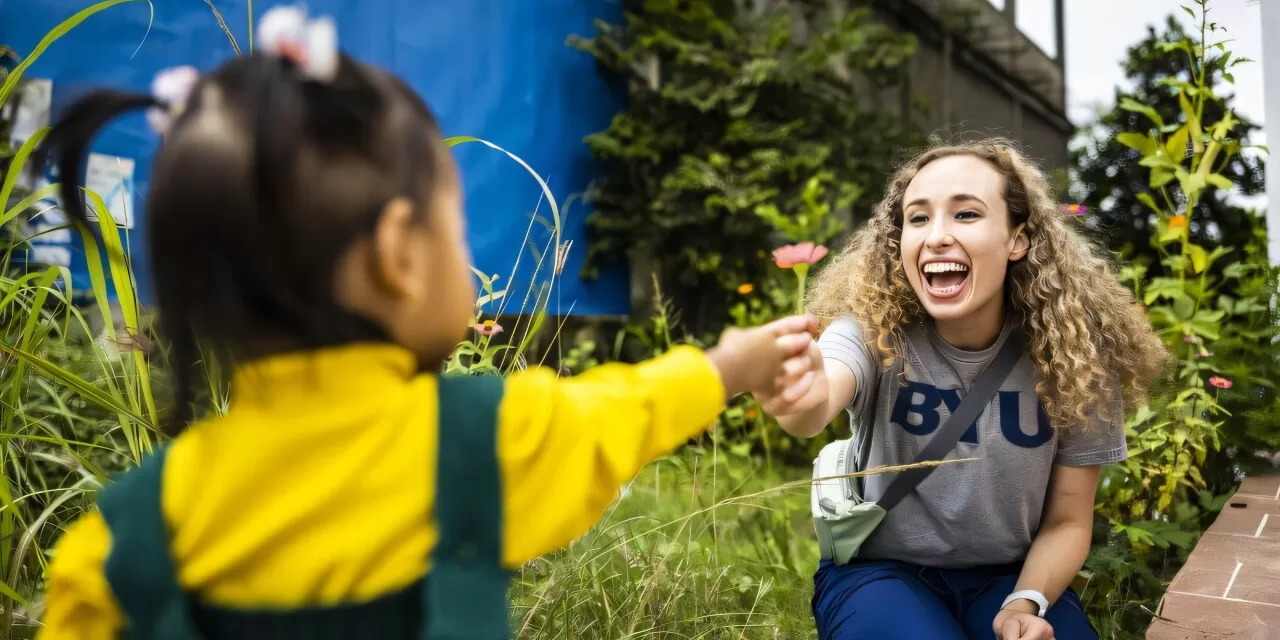When a child asks, “Mum, what’s the meaning of life?” it might seem like a moment of cute curiosity or an overwhelming philosophical challenge. But research suggests that engaging young children in these deep conversations can be incredibly beneficial to their cognitive and social development.
Children as Natural Philosophers
While classical philosophers like Plato and Aristotle believed philosophy should only be studied in adulthood, modern educators and researchers argue that children are naturally inclined to think deeply. American researcher Jana Mohr Lone, who has spent over two decades teaching philosophy to children, believes their open-mindedness makes them perfect candidates for philosophical inquiry.
As one second-grader insightfully put it:
“Children don’t know as many things about the world, so our minds are more free to imagine.”
This innate curiosity can lead children to ponder fundamental questions such as fairness, love, and the nature of reality. Encouraging these discussions can nurture thoughtful, reflective individuals who approach the world with curiosity and critical thinking.
A Simple Three-Step Approach to Philosophical Discussions
Parents may find it daunting to engage in philosophical discussions, but following a structured approach can help:
- Reflection: Start by asking your child, “What do you think?” This encourages them to explore their own perspectives.
- Generalization: Expand the conversation by asking, “Do you think that’s the meaning of life for everyone?” This broadens their thinking beyond personal experience.
- Abstraction: Finally, prompt them with questions like, “What makes life meaningful for all people?” This encourages deeper conceptual thinking and comparison.
For instance, if a child initially says, “I live for football and Bluey,” parents can guide them to consider other viewpoints, ultimately leading to a discussion about the common elements that contribute to a meaningful life.
The Benefits of Philosophy for Kids
Educational studies indicate that engaging children in philosophical dialogue enhances their reasoning, literacy, mathematical comprehension, self-confidence, and social skills. Research suggests that philosophy has positive effects on children’s academic and emotional development at all stages of schooling.
Beyond academics, philosophy helps children process complex ideas they encounter daily, such as fairness, happiness, and reality. Encouraging these discussions can empower them to think critically about their world and their place in it.
Encouraging Thoughtful Conversations at Home
Parents can integrate philosophy into daily life by asking children questions based on their experiences:
- Art & Creativity: “What is imagination?”
- Fairness & Kindness: “What does it mean to be fair?”
- Communication & Language: “What is understanding?”
- Emotions: “What is happiness?”
- Knowledge & Learning: “Why do we need to go to school?”
- Reality & Perception: “What makes something real?”
The next time your child asks a profound question, don’t dismiss it—embrace it. Encouraging thoughtful dialogue fosters a lifelong appreciation for questioning, learning, and understanding.
Disclaimer: This article is based on insights from research and expert opinions. It is not intended to replace professional educational guidance but to encourage parents to explore meaningful conversations with their children.












